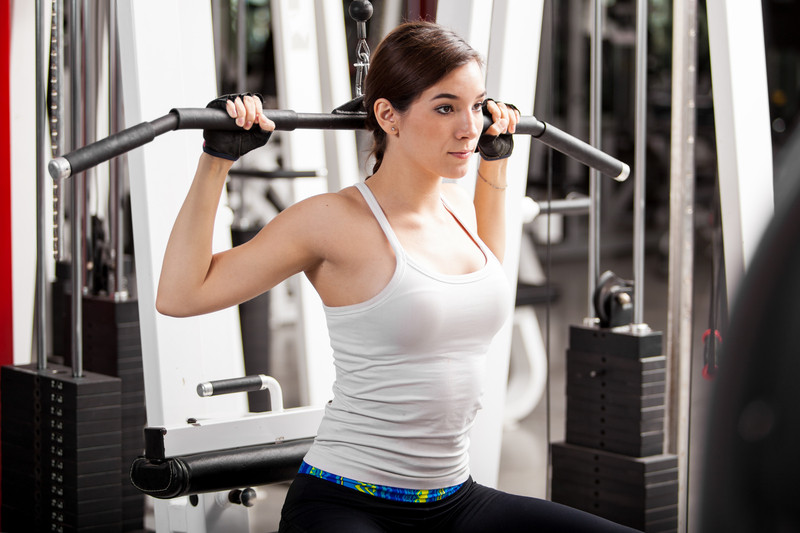Health, Nutrition, Strength And Conditioning
Welcome and thanks for visiting...

Optimize Your Daily Routine: Hydration, Workouts, and Recovery Protocols for Peak Performance

Daily routines are vital in optimizing health, fitness, and performance. From hydration and nutrition to workouts and recovery, aligning your activities with proper timing can help you achieve your goals. This guide outlines a practical daily protocol for hydration, eating, workouts, supplements, sauna, and more, complete with insights from SportsEdTV experts.
Morning Kickstart: Hydration, Movement, and Lymphatic Activation
Hydrate Upon Waking

Begin your day by drinking one to two glasses of room-temperature water to rehydrate after sleep. Avoid drinking water too close to meals to prevent diluting digestive enzymes. Adding electrolytes can further optimize hydration, as detailed in Electrolytes Explained.
FAR Sauna Time
If available, mornings are an excellent time for a FAR sauna session. Hydrated and on a mostly empty stomach, a sauna can help warm your body, promoting the flow of oxygen and nutrients while kickstarting metabolic and detoxification processes.
Gentle Movement
Engage in light activities such as stretching or a short walk to stimulate circulation and prepare your body for the day. Incorporating incline walking can enhance cardiovascular health and muscle toning, as highlighted in Top 5 Benefits of Incline Walking.
Lymphatic Activation

Perform a lymphatic drainage routine after a shower to encourage lymph flow, reduce puffiness, and support immune function. Techniques such as gentle massage or brushing are effective, as described in How to Perform Lymphatic Drainage Massage. For detailed tutorials, visit The Lymphatic Brush. Use a lymphatic brush after exercise, sauna, or inflammatory skin treatments to calm inflammation and reduce fluid retention. Remember to space out sessions to allow your lymphatic system to filter waste and support immune responses.
Mid-Morning: Nutrition and Supplementation
Balanced Breakfast

After your workout, consume a meal rich in proteins and complex carbohydrates to provide sustained energy. Choosing low-glycemic index foods supports heart health and maintains stable blood sugar levels, as discussed in High-Glycemic Diets and Heart Health.
Supplement Wisely
Consider supplements like glutathione and resveratrol. Resveratrol, in particular, is known for its antioxidant properties and potential to aid muscle recovery, as explained in The Role of Resveratrol in Muscle Recovery.
Midday: Focused Workout Session
Structured Gym Routine

Implement a split workout schedule, dedicating each session to specific muscle groups. For example, a five-day split could include:
- Monday: Back
- Tuesday: Chest and Abs
- Wednesday: Legs
- Thursday: Shoulders and Abs
- Friday: Arms
This approach allows for focused training and adequate recovery for each muscle group. A detailed plan is available in the M-F Workout Routine.
Post-Workout Recovery
Replenish your body with a combination of protein and carbohydrates to support muscle repair and restore energy levels. Hydration during this period is essential for optimal recovery.
Afternoon: Active Recovery
Active Recovery

Engage in low-intensity activities such as leisurely walking, gentle stretching, or yoga to promote blood flow and reduce muscle stiffness. This is also a great time to incorporate grounding or earthing techniques, which may help reduce inflammation and improve overall well-being.
Evening: Relaxation and Sleep Preparation
Unwind
Dedicate time to relaxation practices such as reading, meditation, or gentle yoga to signal your body that it's time to wind down.
Sleep Hygiene

Establish a consistent sleep schedule, aiming for 7-9 hours of quality rest. Create a sleep-conducive environment by keeping your bedroom dark, quiet, and cool. Limit screen time before bed to enhance sleep quality, as detailed in Sleep for Success.
Final Thoughts and Additional Considerations
Personalize this protocol to align with your individual goals, fitness level, and lifestyle. Regularly assess your progress and make adjustments as needed. For additional resources and expert guidance, explore the SportsEdTV Blog.
Putting all the elements you need into your day to meet your goals can be complicated. General rules like "do this, then that" can help but should be tailored to your needs with additional research. For example, the TCM Body Clock can offer insights into how your body naturally functions at different times of the day.
What I’ve learned is that everything matters. Every decision you make, from the timing of your hydration to your post-workout recovery, has a ripple effect on your health and performance. Be thoughtful and intentional, and you’ll maximize the effectiveness of your efforts.








